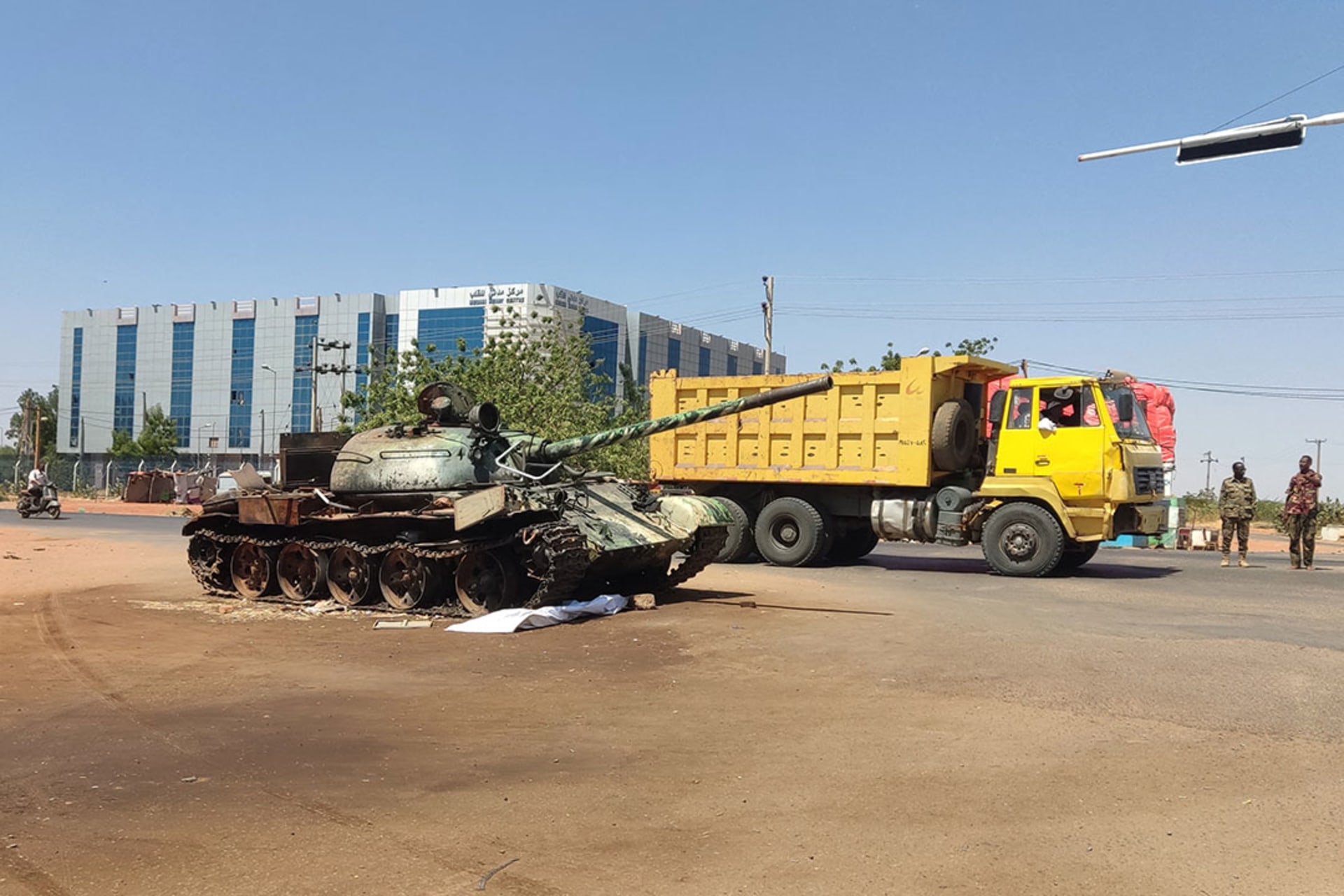
By experts and staff
- Published
Experts
![]() By Michelle GavinRalph Bunche Senior Fellow for Africa Policy Studies
By Michelle GavinRalph Bunche Senior Fellow for Africa Policy Studies
Since the start of the ongoing war in April 2023, Sudan has struggled to gain global attention. Leaders have been distracted by domestic politics and the wars in Ukraine and Gaza. Even as mass atrocities came to light, as famine loomed and then spread, as extremists gained new footholds and criminal networks new opportunities, Sudan never rose anywhere near the top of the foreign policy agenda. The civic mobilization around an earlier genocide in Darfur twenty years prior did not materialize, and the popular response to the Biden administration’s belated genocide determination was largely silence.
Now, with the United States inexplicably demolishing its own capacity to influence or respond to global events and upending its global relationships, the resulting disarray and uncertainty only decreases the chances that the world will focus on the horrors in Sudan. In fact, decisions in Washington are making the situation worse, as the destruction of USAID stopped the already insufficient pipeline of assistance to starving Sudanese. Meanwhile, Russia continues to capitalize on chaos, pressing for confirmation of its deal for access to Port Sudan.
Each week, the country moves closer to de facto partition. The Sudanese Armed Forces (SAF) and their allies—a mix of dictator Omar al-Bashir’s old guard, extremists, and ethnic militia more opposed to the Rapid Support Forces (RSF) than aligned to the SAF—have made real military gains recently, but talk of running their enemies out of the country is likely wishful thinking. The RSF signed a political charter with assorted anti-SAF forces in Nairobi on February 22 to signal their intention to retain the significant territory in western Sudan that they control, although the notion of the rapacious RSF, a force widely despised throughout the country, as governing authority strains credulity. Both major antagonists have cobbled together fractious coalitions unlikely to remain aligned—just as the SAF and the RSF turned on each other after joining forces to oust civilians from Sudan’s transitional government. A divided Sudan does not amount to a peaceful Sudan.
None of the foreign actors backing this conflict—Egypt, Turkey, Eritrea, and Iran on the side of the SAF, the United Arab Emirates and Chad on the side of the RSF, and Russia on both sides—have incurred much in the way of costs for fueling atrocities. Instead, all the costs have been borne by the people of Sudan. The survivors among the Sudanese have been displaced, violated, and denied access to education, medical care, and food. But eventually, inevitably, consequences will be felt well beyond the region, as malign actors are empowered, fundamental norms and principles are abandoned, and instability spreads, as it always does. Only a stop to external support, a ceasefire backed by real guarantees, and a roadmap to civilian rule can end this metastasizing disaster. But in a world without leadership, these fundamentals are as elusive as global attention to the crisis.
